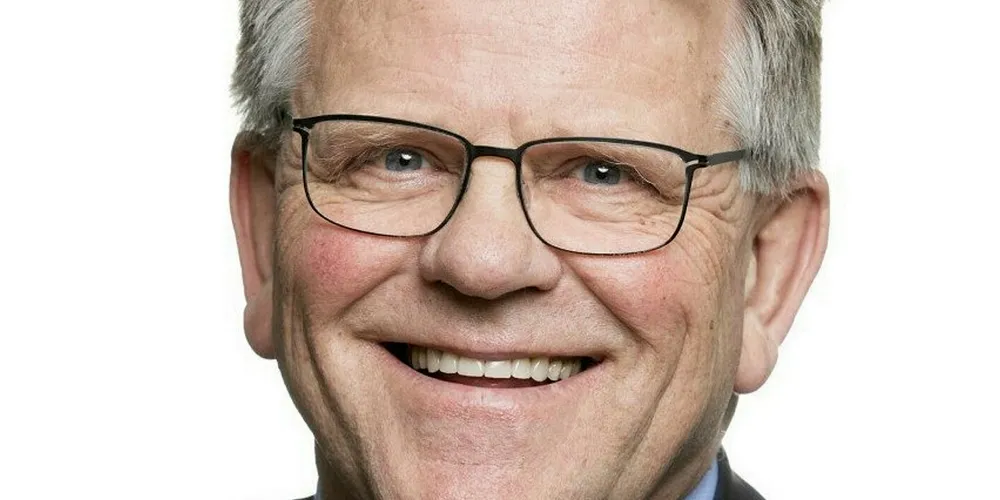Samherji steps up offensive against Namibia corruption probe whistleblower, media
Samherji executives were irked by an interview by IntraFish sister publication DN with its former CEO of Samherji's operations in Namibia earlier this month.

Samherji executives were irked by an interview by IntraFish sister publication DN with its former CEO of Samherji's operations in Namibia earlier this month.
